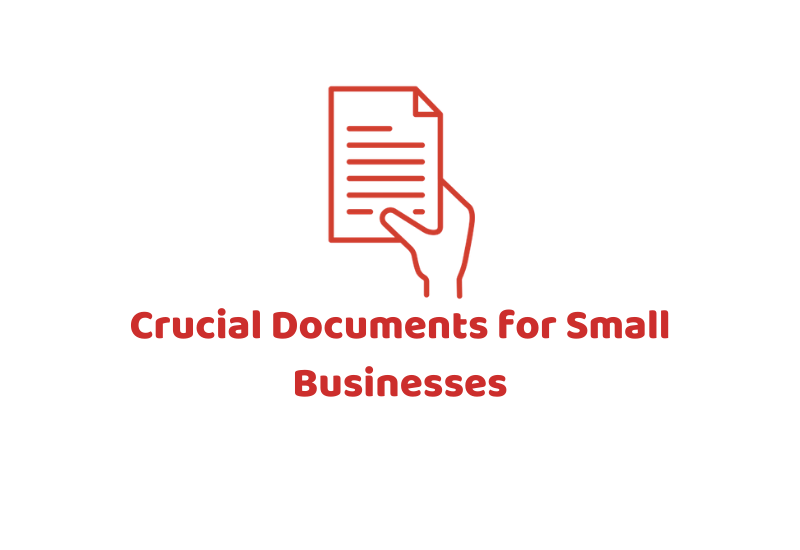Accounting is an important part of any business, but the financial demands for each company are different. It’s important for small businesses to manage their finances more efficiently than larger companies because they don’t have as much capital. There is some documentation required by the federal and state authorities when starting a new company. These guidelines promote transparency for new business owners while protecting customers against fraudulent businesses. The exact documentation you need depends on how you want to arrange your company. Here in this article, you will find about the Crucial Documents for Small Business.
Crucial Documents for Small Businesses
Documents play an important role in defending the corporation and business owners’ rights over the lifespan of a company. If you own a small business and you’re looking to improve your accounting process, here are four financial documents that you need to prioritize:
1. Profit and Loss Statement
As mentioned, a small business doesn’t have as much money going in and out of it, so every loss and profit should be recorded. This document will give you a better understanding of where your revenue is coming from, so you can focus on those areas. For instance, if you see that there’s a department in your company that has an incredibly low return, you can adjust your budget to make sure that the department performs better.
Another great benefit of keeping track of all the profits and losses is that it will help you build a good case when you apply for a small business loan. Financial institutions need to know and see that the businesses they are loaning to will be able to generate enough profits to pay off their initial loan plus interest. If you can’t show them that you’re able to do that, your loan will most likely be denied.
2. Cash Flow Statement
The cash flow of a company tells you where its money is coming from, what it’s used for, and where it’s going. It shows how a small business operates, as it will let you know how much money it’s earning and from which asset. A small company needs to do its best to make sure it can grow effectively. If they don’t track their cash flow, they won’t know about the inefficiencies in their investments, if there are any.
For example, if a company doesn’t know how much money goes into each operation and how much it’s generating, it won’t be able to optimize the operation to make it yield a higher return. Therefore, it would be in your company’s best interest to keep track of its cash flow. If you do, you’ll know what you can do better in the short and long terms.
3. Balance Sheet
The balance sheet tells you exactly how much money your business has and how much of it is owed to lenders. It will also show all the assets, liabilities, and revenue or set back values, which will tell you how much money your company spends in a year. Without an accurate and complete balance sheet, you won’t be able to understand the state of your business, since you won’t see how much your company is really worth. The balance sheet will also tell you all about upcoming payments so that you don’t miss them while you’re focusing on something else.
4. Accounts Receivable Aging
Many businesses live and die by invoices, as they show how much money paid to whom and at what time. They should keep alongside the balance sheet and cash flow record, as they are the evidence to the transactions recorded in those statements. The primary purpose of the accounts receivable aging is to tell you which invoices are overdue and how much you’ll have to pay. When you don’t have these documents, you will be more likely to miss payments, which will cause the interest to go up. You might put your company at risk of a lawsuit, which is never ideal, especially for a small and growing company.
One Thing to Keep in Mind: Always Keep These Documents Up-to-Date
If your financial documents are outdated, you won’t be able to improve your spending and make sure that your business is always growing. Also, if the record of the money you’re spending is not where it’s supposed to be, it might give you a false sense of security as it will appear there’s more money on paper. The account statements might not show the same story and if they aren’t kept up-to-date, you won’t know where the money has gone.
Accotax specializes in accounting for small businesses, get in touch today to see how we can help.





















































